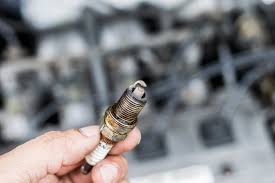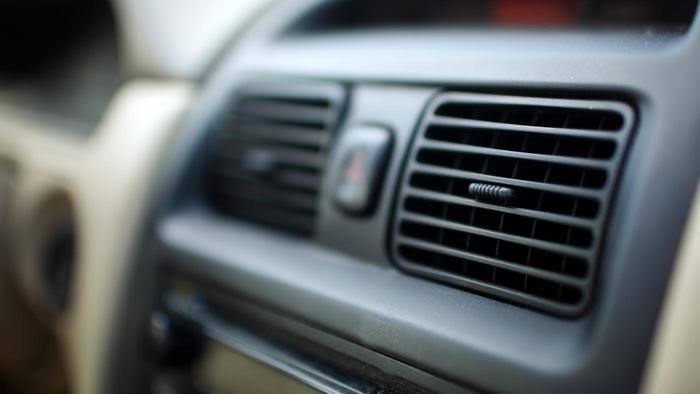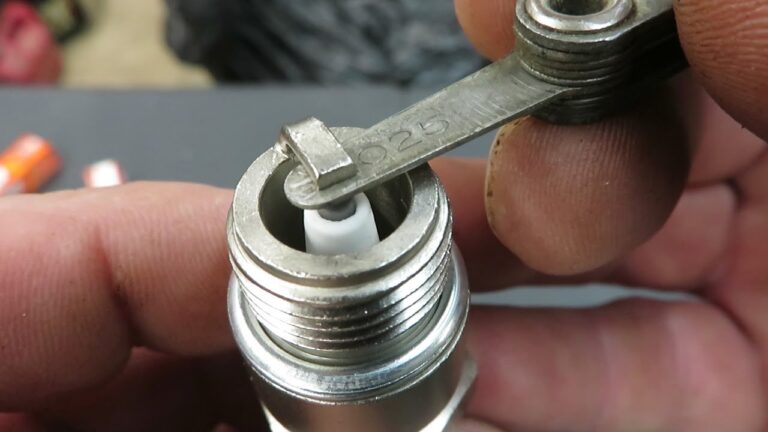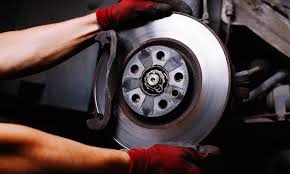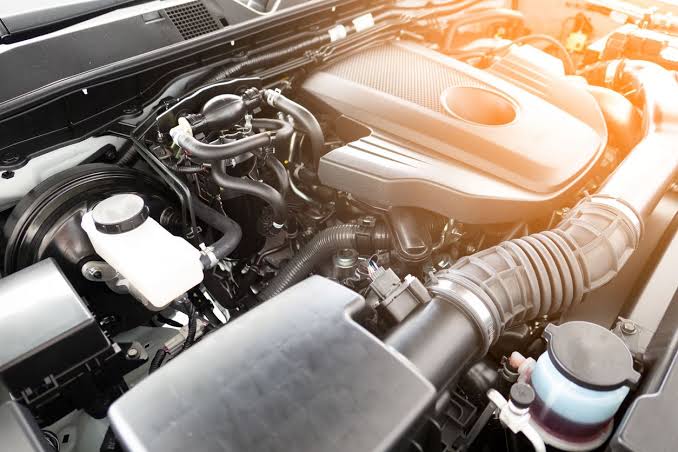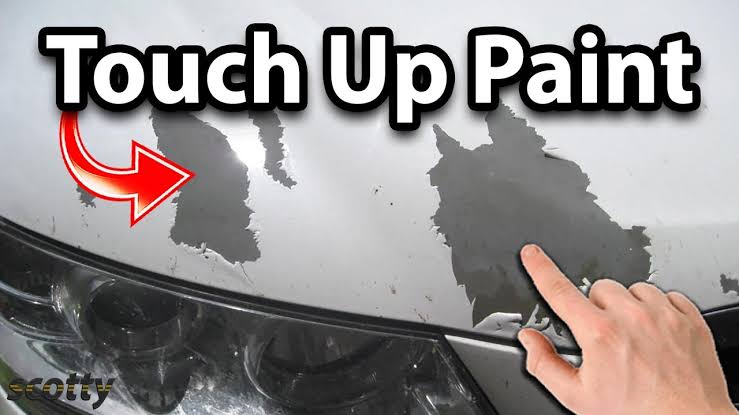Does Cold Weather Affect Car Starting?
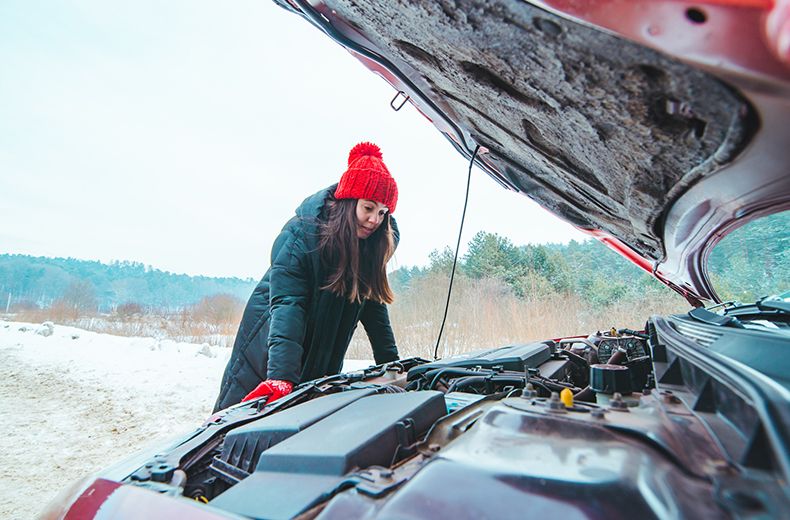
Cold weather can have a significant impact on your car’s ability to start. If you’ve ever struggled to start your car on a freezing morning, you’re not alone. Winter conditions can take a toll on various vehicle components, particularly the battery, engine oil, and fuel system.
In this article, we’ll explore how cold weather affects car starting, why it happens, and what you can do to prevent starting issues in the winter.
How Cold Weather Affects Your Car
Several factors come into play when cold weather makes it harder to start your car. Let’s break them down:
1. Battery Performance Drops
Cold temperatures slow down the chemical reactions inside your car battery, reducing its ability to generate enough power to start the engine. At 32°F (0°C), a battery operates at about 75% of its capacity. When the temperature drops to 0°F (-18°C), the battery’s capacity falls to about 50%.
Additionally, cold weather increases the power demand on the battery, as components like the starter motor and fuel pump require more energy to operate in freezing conditions.
2. Thickened Engine Oil
Engine oil thickens in cold weather, making it harder for the engine to turn over. The increased resistance creates more strain on the battery and starter motor. If the oil is not suited for winter conditions, this problem can be exacerbated.
3. Fuel System Issues
In extremely cold conditions, fuel lines may freeze, especially if there is moisture in the fuel system. This can block the flow of fuel to the engine, preventing it from starting.
4. Reduced Spark Plug Efficiency
Cold weather can also affect spark plugs, making it harder for them to ignite the fuel-air mixture in the engine. This is more likely if your spark plugs are old or worn.
Symptoms of Cold Weather Starting Problems
If cold weather is affecting your car’s ability to start, you might notice the following symptoms:
- Slow or sluggish engine cranking.
- Clicking sounds when you turn the key.
- Dim dashboard lights or headlights.
- No response when you turn the ignition.
How to Prevent Starting Issues in Cold Weather
There are several steps you can take to minimize cold weather starting problems:
1. Check Your Battery
- Test your battery regularly, especially before winter. Many auto shops and parts stores, like AutoZone or O’Reilly, offer free battery testing.
- Replace your battery if it’s older than three to five years.
2. Use the Right Engine Oil
- Switch to a winter-grade or synthetic engine oil that flows better in cold temperatures. Check your owner’s manual for recommendations.
3. Keep the Fuel Tank Full
- A full tank minimizes the risk of condensation forming in the fuel system, which can freeze in cold weather.
- Consider using a fuel stabilizer or antifreeze additive in extremely cold climates.
4. Inspect Spark Plugs
- Replace worn or damaged spark plugs to ensure they ignite the fuel-air mixture efficiently.
5. Use a Battery Warmer or Engine Block Heater
- In extremely cold regions, consider installing a battery warmer or engine block heater to keep the battery and engine warm overnight.
6. Park in a Garage
- If possible, park your car in a garage to protect it from the cold.
What to Do If Your Car Won’t Start in the Cold
If your car struggles to start on a cold day, here are some tips to get it going:
1. Turn Off Accessories
Before starting the car, turn off headlights, heaters, and other accessories to reduce the load on the battery.
2. Give the Battery Time to Recover
If the engine doesn’t start on the first attempt, wait 10-15 seconds before trying again. Repeated cranking can drain the battery quickly.
3. Use a Jump Starter
If the battery is dead, use jumper cables or a portable jump starter to get your car running.
4. Check for Frozen Fuel Lines
In extremely cold conditions, you may need to warm up the car or add a fuel line antifreeze product to address frozen fuel lines.
Frequently Asked Questions
1. Why is my car harder to start in winter than summer?
Cold weather slows chemical reactions in the battery, thickens engine oil, and increases the strain on the fuel and ignition systems, all of which make it harder to start your car.
2. Can a weak battery still work in warm weather but fail in cold weather?
Yes, a weak battery may function in warm conditions but struggle or fail entirely in cold weather due to the increased power demand and reduced capacity.
3. How can I tell if my battery is the issue?
Common signs of a weak battery include slow cranking, dim lights, and clicking sounds when you turn the key.
Conclusion
Cold weather can significantly affect your car’s ability to start, primarily by reducing battery performance, thickening engine oil, and causing fuel system issues. However, with proper maintenance and a few preventative measures, you can minimize the impact of freezing temperatures on your vehicle.
By preparing your car for winter and knowing how to handle starting problems, you can ensure that your vehicle remains reliable, no matter how cold it gets outside.
Also Check:
• Does Cold Weather Affect Engine Oil?
